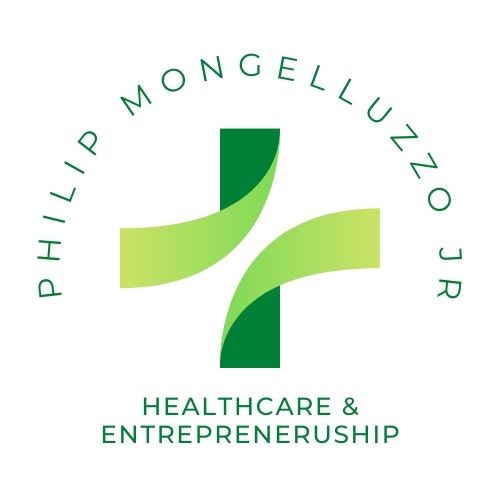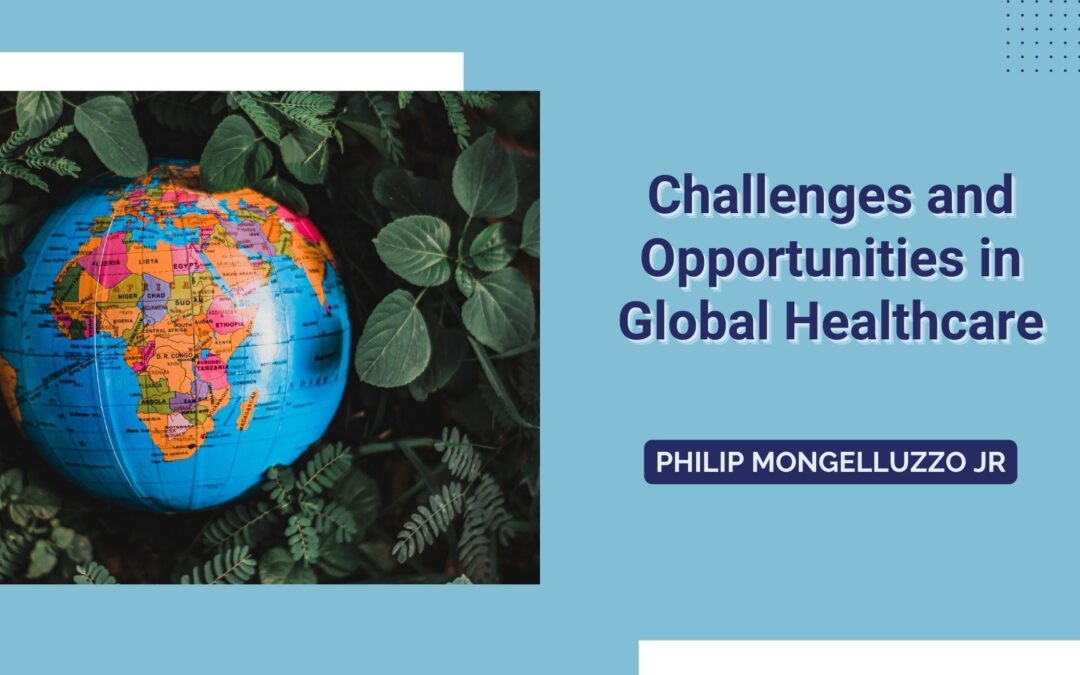Global healthcare presents many challenges and opportunities in an era of unprecedented technological advancements and interconnectedness. From addressing infectious diseases to grappling with the complexities of chronic conditions, healthcare systems worldwide are constantly growing to meet the needs of diverse populations. In this blog, we explore some of the prominent challenges and opportunities shaping the future of global healthcare.
Challenges
Inequality in Access:
Glaring inequality in access to medical services is a significant global healthcare issue. While some regions benefit from state-of-the-art healthcare infrastructure, others need more resources, adequate facilities, and a shortage of trained medical professionals. Bridging this gap requires concerted efforts from governments, international organizations, and the private sector to ensure that quality healthcare is accessible to all, regardless of geographical location or socioeconomic status.
Pandemic Preparedness:
The ongoing COVID-19 pandemic has exposed vulnerabilities in global healthcare systems. The rapid spread of infectious diseases underscores the need for robust preparedness strategies, effective coordination between nations, and timely information sharing. Investment in research and development and establishing international frameworks for collaborative response are crucial in mitigating the impact of future pandemics.
Rising Healthcare Costs:
The escalating healthcare costs pose a formidable challenge in developed and developing nations. Factors such as technological advancements, a population that is growing older, and the increasing prevalence of chronic diseases contribute to the rising expenses. Striking a balance between delivering quality care and controlling costs requires innovative solutions, including integrating technology, value-based care models, and preventive measures.
Data Security and Privacy:
As healthcare systems embrace digital transformation, collecting and utilizing health data become integral to improving patient outcomes. However, the challenge lies in safeguarding sensitive information against cyber threats and ensuring patient privacy. Developing robust cybersecurity measures, implementing stringent data protection regulations, and fostering a culture of awareness are vital to maintaining the trust of patients and healthcare stakeholders.
Opportunities:
Telemedicine and Digital Health:
The addition of telemedicine and digital health solutions presents a transformative opportunity to enhance healthcare accessibility. Remote consultations, wearable technologies, and health monitoring apps empower individuals to take control of their well-being. Governments and healthcare providers can leverage these technologies to reach underserved populations, monitor public health trends, and streamline healthcare delivery.
Precision Medicine:
Tailoring medical treatments to individual genetic, environmental, and lifestyle factors opens up new frontiers in healthcare. Precision medicine holds the promise of more effective and personalized interventions, reducing adverse effects and optimizing treatment outcomes. Integrating genomic information into clinical practice and investing in research to identify biomarkers are critical steps in realizing the potential of precision medicine.
Global Collaboration and Research:
Addressing global health challenges requires collaborative efforts on an international scale. Shared research, knowledge exchange, and joint initiatives enable the rapid development of solutions to emerging health threats. Collaborative platforms, such as the World Health Organization (WHO), are pivotal in coordinating efforts, disseminating information, and facilitating resource allocation for global health initiatives.
Health Education and Prevention:
Investing in health education and preventive measures can significantly reduce the burden on healthcare systems. Empowering communities with knowledge about nutrition, hygiene, and lifestyle choices contributes to the prevention of diseases. Governments and healthcare organizations can implement public health campaigns, leverage technology for health education, and incentivize preventive measures to create a healthier population.
The challenges and opportunities in global healthcare are deeply intertwined, reflecting the dynamic nature of this critical field. While addressing inequality, pandemic preparedness, rising costs, and data security requires strategic and collaborative efforts, embracing telemedicine, precision medicine, global collaboration, and preventive measures presents avenues for positive transformation. The future of global healthcare hinges on the ability of stakeholders to confront these challenges while seizing the opportunities to create a more equitable, accessible, and sustainable healthcare ecosystem for all.

